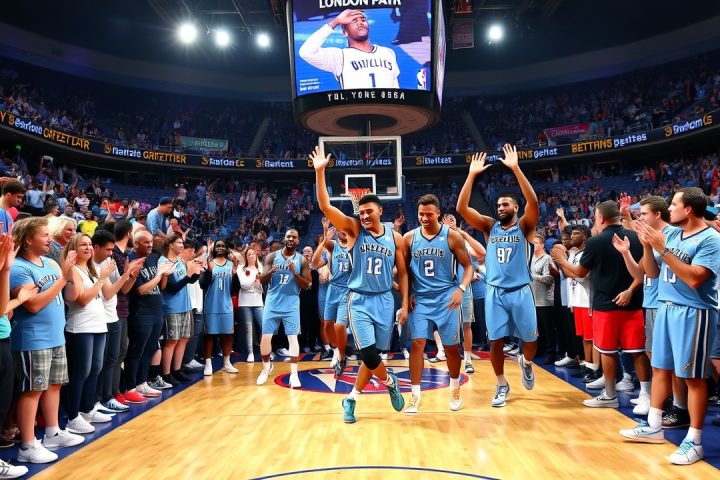Nominative Determinism in Careers
The phenomenon known as nominative determinism suggests that individuals often choose careers or roles that echo their names. For instance, a study revealed that those named Dennis or Denise frequently pursue careers in dentistry. Yet, this isn’t an absolute rule; a person named Louise Baker isn’t inherently destined to work as a cook, nor is Tony Dull bound to become an accountant.
Football Signings and Naming Coincidences
Recently, a couple of intriguing signings in football brought this concept back into focus. When Wolverhampton Wanderers acquired David Moller Wolfe and James Trafford signed with Manchester City, they added to a history of players whose names amusingly resonate with their football affiliations.
Trafford’s arrival in Manchester is particularly noteworthy as he now returns to a city famous for landmarks like the Trafford Centre and Old Trafford, the iconic stadium of Manchester United, City’s bitter rivals. It’s reminiscent of the idea of a player named James Park taking the goalkeeping spot at Sunderland, a similarly ironic twist. Interestingly, Trafford becomes the second goalkeeper in Manchester with a surname reflecting a park, joining Tom Heaton, although the park itself pre-dates Heaton’s tenure and has historical roots.
Managerial Coincidences
Amusingly, naming coincidences in football extend to managerial roles. Arsenal’s vice-chairman David Dein famously felt a sense of fate when he first met Arsène Wenger, then the manager of AS Monaco, in 1989. Following a remarkable stint that included three Premier League titles and seven FA Cup victories, the notion of destiny certainly played a role in his legendary tenure at Arsenal.
Notable Examples in Football
In perhaps the most conspicuous example of this phenomenon, Wolfgang Wolf managed Wolfsburg. Despite being only his second coaching position, Wolf’s name led him to secure the club’s highest league finish at the time. His deep connection to the name left fans yearning for a similar fate for David Moller Wolfe, whose signing for Wolves this week for €11.5 million feels like a perfect match. Wolfe himself acknowledged the uniqueness of playing for Wolverhampton, humorously reflecting on how he and his brothers had joked about it years prior.
Football is rife with similar ironies. For example, Gerard Pique Bernabeu, known for his career at Barcelona, shares a name with Real Madrid’s famed stadium, a nod to his family’s ties within the sport, making this naming twist notable yet humorous. Then there’s Mat Sadler, who made a name for himself at Walsall – appropriately nicknamed the Saddlers – not once but twice, before embarking on a managerial journey with them.
Players and Their Ironic Roles
Additionally, players have often found themselves in roles that seem written in the stars. Mark De Man demonstrated this as he consistently played defense during his career, while John Utaka naturally thrived as an attacker, delivering significant contributions during Portsmouth’s successful FA Cup run in 2008.
The whimsical connection between names and destinies is not always foolproof; for instance, Gareth Barry never donned the jersey for Barry Town, nor did Isaac Success play for Watford in the English league. Nonetheless, when footballers’ names align perfectly with their professions, it creates a delightful narrative that adds flavor to the beautiful game.




